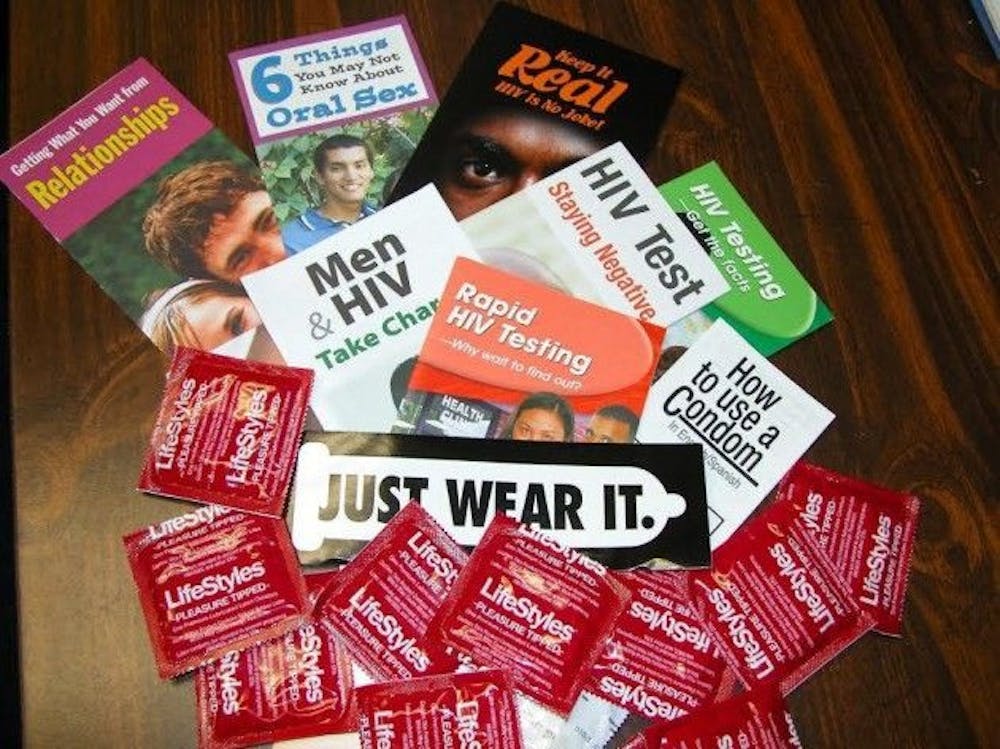Since the 1980s, the AIDS pandemic has touched every state in the union. The Centers for Disease Control estimates that there are over 1.1 million people in the U.S. living with HIV and AIDS, and that one in six people are unaware they even have it.
HIV, or Human Immunodeficiency Virus, is a disease that destroys certain immune system cells, called T cells. Over time, enough of these cells are destroyed that the immune system is effectively rendered useless, leading AIDS, which stands for Acquired Immunodeficiency Syndrome.
Few places in the U.S. have been hit as hard by HIV/AIDS as the South. In 2010, the CDC released a report stating that the South accounted for 40 percent of all people living with HIV/AIDS nationwide and nearly half of the 17,774 deaths that year. Locally, a report issued by the Tennessee Department of Health in 2013 stated that 7,026 people were living with HIV/AIDS in Shelby County in 2012, accounting for 36 percent of all people suffering from HIV/AIDS statewide.
Those suffering from AIDS are more susceptible to opportunistic infections, such as rare cancers or illnesses caused by bacteria, viruses and parasites that take advantage of a person's weakened immune system. Though there is no cure for HIV or AIDS, with early and consistent use of antiretroviral therapy those infected with HIV may never progress to full-blown AIDS, and can live a nearly normal life. Without treatment, the typical lifespan of an AIDS sufferer is three years or less.
To help stem the tide, Student Health Services provides free oral AIDS screenings every Friday from 10 a.m. to 1 p.m. in room 338 of the University Center. Planned Parenthood of the Greater Memphis Region sponsors the screenings and provides testers.
Jacqueline De Fouw is a registered nurse and health educator with Student Health Services. She explained just who could benefit the most from an HIV test.
"Everyone should be tested" De Fouw said. "Some (people) have more risk factors, so (they) should be tested more frequently. (College students have the) same risk as the general public with the same risk factors. We do live in an area of the US that has a higher number of HIV/AIDS cases."
Since 1985, non-profit organization Friends for Life has been devoted to helping Memphians living with HIV/AIDS. They currently serve over 2,500 people, 45 percent of which are women and 488 children.
Kim Daugherty is the executive director for Friends for Life. She went into detail about the best ways to prevent the spread of HIV.
"In the HIV world, we talk about the ABCs of prevention," Daugherty said.
"A" stands for abstinence-anyone who has sex is at risk for contracting HIV, so it stands to reason than not having sex is the best way to eliminate the risk. "B" stands for being faithful to one, HIV negative person, and not having multiple sexual partners. Finally, "C" is for condoms, which can reduce-but not totally eliminate-the risk of HIV or other sexually transmitted diseases, like syphilis.
But Daugherty says that reality isn't so simple.
"In the real world, most people just get down to the 'C,' but it's the best thing we have," Daugherty said.
In the event that someone does contract HIV, the first step would be to secure treatment. Informing previous and current sexual partners and urging them to get tested is also a very important step. Getting counseling is also a good idea, and there are a number of services available both on campus and around Memphis.
On-campus counseling can be found at the counseling center in Wilder Tower or at the psychological counseling center in the Psychology Building. The Planned Parenthood HIV screeners at HIV screening events are also specially trained to help those who have been newly diagnosed. Around Memphis, both The Ryan White Foundation and Friends for Life provide a number of services to HIV sufferers, including counseling for those who have just found out they're HIV positive.
But it's also important to realize that having HIV isn't the certain death sentence it was just 30 years ago. With advances in medicine and a further developed understanding of the virus, it can now be treated as a chronic disease. And just because someone is outside the "risk group" for HIV, they still need to exercise common sense, as Daugherty explained.
"HIV doesn't care how old you are, or about the color of your skin, or how much money you have or where you went to school," Daugherty said. "It's a virus."




